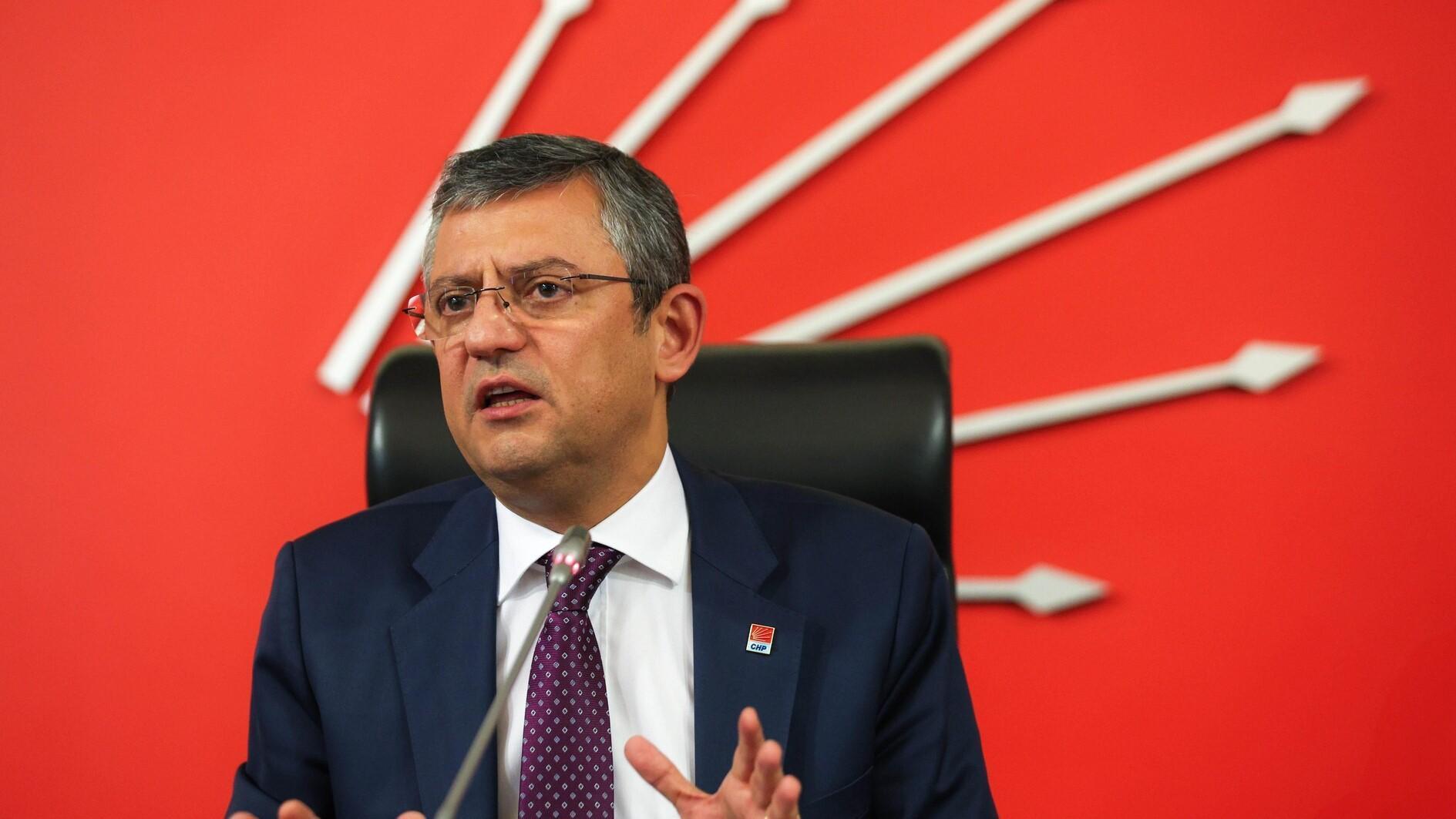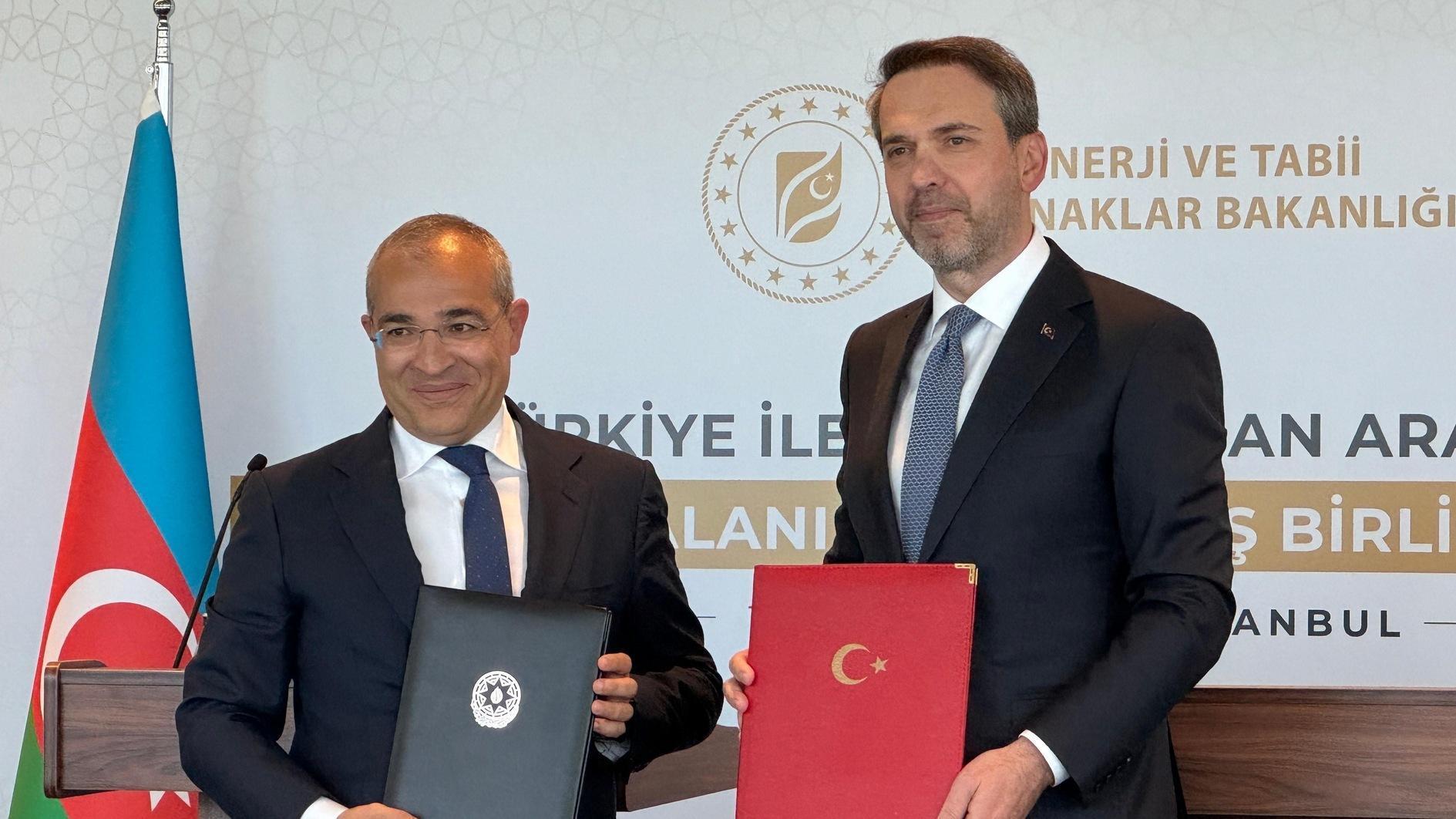Egyptian election is not a matter of religious vs. secularists
HALA ELKHOLY
As much as many would like to have us believe that the divide in the upcoming Egyptian elections is a matter of religious versus secularists is as much as I think it far away from the truth. The competition is rather between the old and new, the aged and the young, between corruption and integrity. It might be more reasonable, yet unlikely, to be between military versus civilian rule. It is not between those who believe in God and those who do not. This is a definite misconception that is exaggerated through most available cultural interpretations. There is an undeniable human ability to become more conscious of how we understand realities. That can happen when we take great lengths to change our cultural settings, or in the least when we attempt to expand them enough to subdue some of our cultural conditioning in favor of adopting some additional aspects. It is possible albeit difficult.Allow me to attempt my own take on the reality of what is happening from my own fusion of references. Just as a reminder, being Egyptian does not entitle me to any truth; born and raised in Egypt I am increasingly proud to carry its world heritage. For the most part I find it a sound observation to assume that humans require faith to assist them on their life journey. Faith is a deep-rooted cultural phenomenon across the globe. The difference is what it means to any of us, how we experience it and how we present it. Faith in life after death was deeply rooted with my ancestry. Faith derived from any religious belief, faith in ideals or -isms and / or faith in any social, economic or political structures are all formats of the intrinsic need to seek core knowledge and enlightenment. The need is intuitive and basic. How humanity has nurtured it, fought it, adopted it, given it shape, color, added meanings to it, manipulated or abused it is a natural process of evolution that rests in our respective cultural deposit.
In general, Egyptians are faithful people. Some of the faithful Muslims and Christians are certainly religious, but many more Egyptians seek a life of freedom from corruption and oppression, social and economic justice and a sustainable livelihood. These are not faithless.
In the lead up to Jan. 25, Egyptians had not lost faith in God; they had lost faith in a corrupt regime. Throughout 18 glorious days, Egyptians who flooded Tahrir Square did not gain more faith in God; they gained more faith in themselves. They came to understand together with their different lenses that they were united against a corrupt system. The religious ingredient came in later when those groups that claimed to be the voices of the divinity jumped on the opportunity to score for their cause. And others seized the same opportunity to add gas to the fire and ignite the fear of fundamental religiosity. In the currently proposed model of political democracy minorities are awarded a voice. You might try to win by raising the tones of your voice. The scene is going to get even louder as we lead up to the elections.
Faith is really about trust. I place my trust in the Egyptians, the voters with the lower voice but the decisive one. I trust in the 50 percent undecided voices. They will decide to make Egypt a better place to live. If they would only once more find the faith in themselves and in their power.










